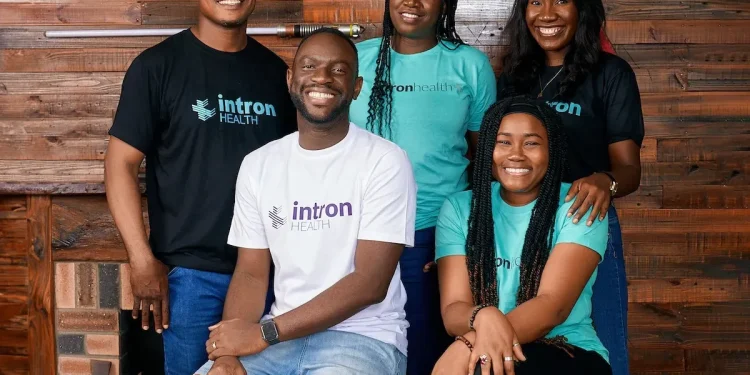Nigerian voice-tech startup Intron is rolling out a new line of AI speech models. This is part of it’s plan to expand its reach beyond healthcare. The company, known for its transcription tools used in hospitals, is now targeting sectors like law, finance, and media.
This expansion comes as more African startups diversify to stay competitive. With funding tighter and investor pressure growing, firms are building new products to reach wider markets—just as PaidHR did last year. Intron is taking the same path.
The company introduced three core tools: Sahara-Optimus, a speech recognition model trained on African accents; Sahara-TTS, a text-to-speech system offering over 80 voices in more than 40 accents; and Sahara Voice-Lock, a voice authentication model built to detect fraud and deepfakes.
“Intron was born in the busiest hospital wards, where background noise and scarce resources made accurate speech recognition a daily battle,” said CEO Tobi Olatunji. “We built for the hardest environment first, and now our technology scales effortlessly to courts, call centres, and content creators.”
Intron started in healthcare, piloting speech solutions for hospitals and ministries in 2022. Today, its voice tools are used in Nigerian courts and digital finance call centres to cut down on manual tasks and support real-time communication.
The startup raised $1.6 million in pre-seed funding in July 2024. Now, it’s building the Sahara-Titan model to understand and translate 20 major African languages, including Swahili, Hausa, and Zulu. Alongside that is Sahara-Primus, designed to generate natural-sounding speech in those languages.
Intron’s goal is to become Africa’s go-to voice infrastructure provider, offering tech built specifically for local users—something global AI giants often overlook.
“Rather than rail against Big Tech model bias, why not build better models?” Olatunji said.





















































